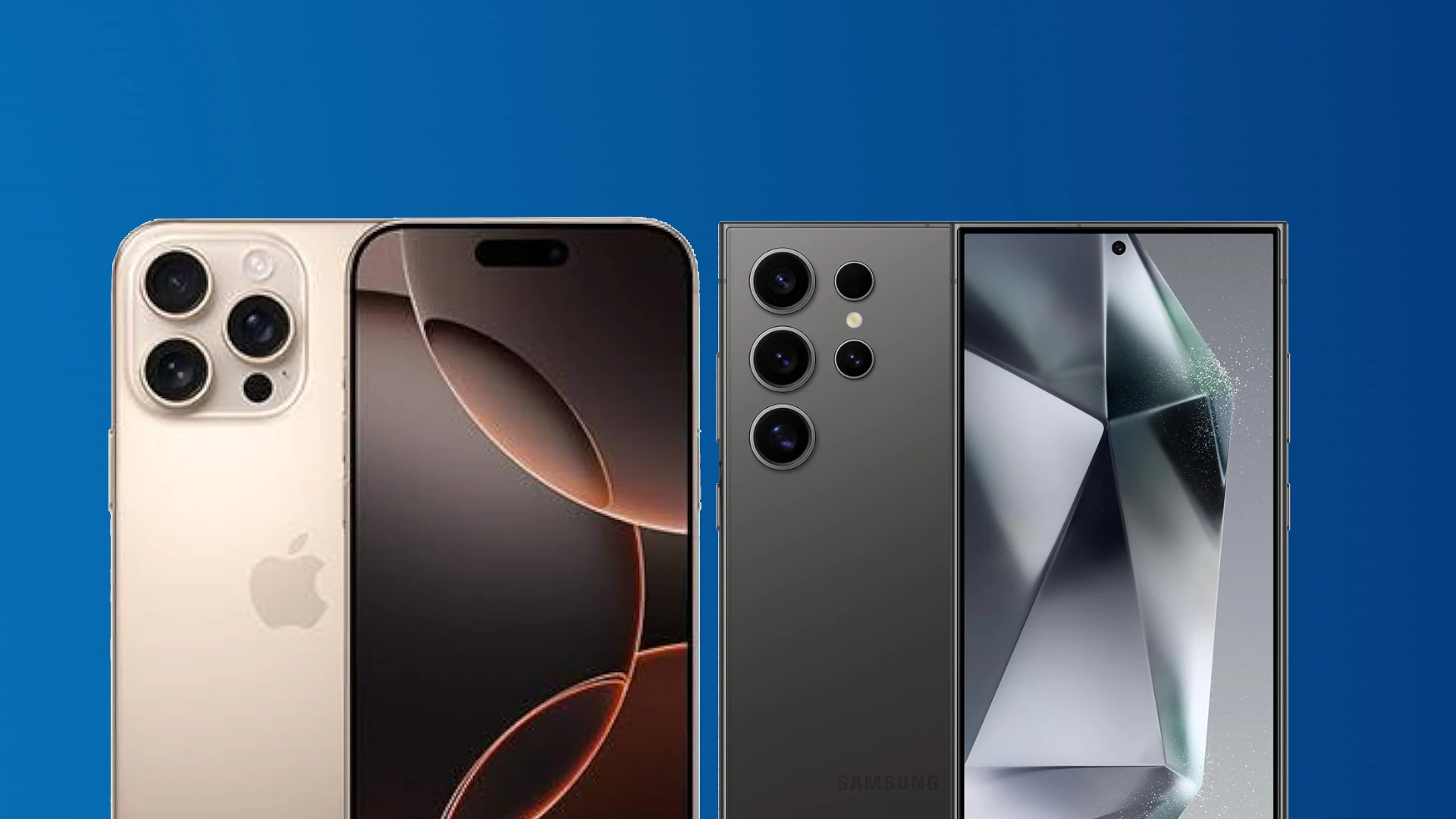Tech
Why Apple Intelligence Sets A New Gold Standard For AI Privacy

Explore why Apple Intelligence is setting a new benchmark for AI privacy in the tech industry.
In the rapidly evolving world of artificial intelligence, privacy concerns have become a hot-button issue. As AI systems become more integrated into our daily lives, they also gain access to more of our personal data. This has left many wondering: can we have powerful AI without sacrificing our privacy? Apple’s answer, with its new Apple Intelligence system, is a resounding “yes.” Let’s dive into how Apple is setting a new gold standard for AI privacy and how it stacks up against the competition.
The Apple Approach: Privacy By Design
Apple has long been a champion of user privacy, often positioning it as a fundamental human right. With Apple Intelligence, they’re doubling down on this commitment, baking privacy into the very foundation of their AI system. But what does this actually mean in practice?
On-Device Processing: Your Data Stays With You
At the heart of Apple’s privacy-first approach is on-device processing. Unlike many other AI systems that send your data to the cloud for analysis, Apple Intelligence does most of its heavy lifting right on your iPhone, iPad, or Mac. It’s like having a genius friend who comes to your house to help you out rather than asking you to send all your stuff to their place.
This approach means that your personal information – your photos, messages, emails, and more – never leaves your device. It’s not sitting on a server somewhere, potentially vulnerable to breaches or misuse. Your secrets stay your secrets, locked up tight in the device in your pocket.
Private Cloud Compute: When The Cloud Can’t Be Avoided
Of course, some tasks are too complex for even the most powerful mobile devices. For these situations, Apple has introduced ‘Private Cloud Compute.’ This system allows Apple Intelligence to tap into more powerful server-based models without compromising your privacy.
Here’s the clever bit: when your device needs to use Private Cloud Compute, it only sends the specific data needed for that task. This data is processed on special Apple Silicon servers that are as secure as your iPhone. Your information is never stored, and it’s only used to fulfill your request. It’s like sending a confidential letter that self-destructs after it’s been read.
Transparency And Verification: Trust, But Verify
Apple is also setting a new standard for transparency in AI. They’re making the code that runs on their servers available for inspection by independent experts. This means that privacy watchdogs can verify that Apple is doing what they say they’re doing.
Why Apple’s Approach Matters
Apple’s privacy-first approach to AI is more than just a marketing gimmick – it’s a fundamentally different way of thinking about the relationship between technology and personal data. Here’s why it matters:
- Trust: By keeping your data on your device and being transparent about its processes, Apple is building trust with its users. In an era of data breaches and privacy scandals, this trust is invaluable.
- Control: Apple’s approach gives users more control over their data. You’re not asked to blindly trust a company with your personal information – you remain in charge.
- Innovation without Invasion: Apple is showing that it’s possible to create powerful, helpful AI systems without invasive data collection practices. This could set a new benchmark for the industry.
- Regulatory Compliance: As privacy laws become stricter around the world, Apple’s approach puts them ahead of the curve. They’re not just meeting current standards – they’re exceeding them.
- Ethical AI: By prioritizing privacy, Apple is contributing to the development of more ethical AI systems. They’re showing that AI can be helpful and intelligent without compromising personal privacy.
The Road Ahead
As AI continues to evolve and integrate more deeply into our lives, the question of privacy will only become more crucial. Apple’s approach with Apple Intelligence sets a new standard, challenging the notion that we must sacrifice privacy for functionality.
Of course, this approach isn’t without its challenges. On-device processing requires powerful hardware, which could potentially lead to higher costs for consumers. And there may be some tasks that are simply too complex for this privacy-first model.
However, by taking this stand, Apple is pushing the entire industry forward. They’re proving that privacy and powerful AI aren’t mutually exclusive, and in doing so, they’re forcing other companies to re-evaluate their own practices.
As consumers, we should be paying attention. The choices we make about which AI systems to use will shape the future of this technology. By supporting privacy-focused approaches like Apple Intelligence, we’re voting with our wallets for a future where our personal data remains personal.










